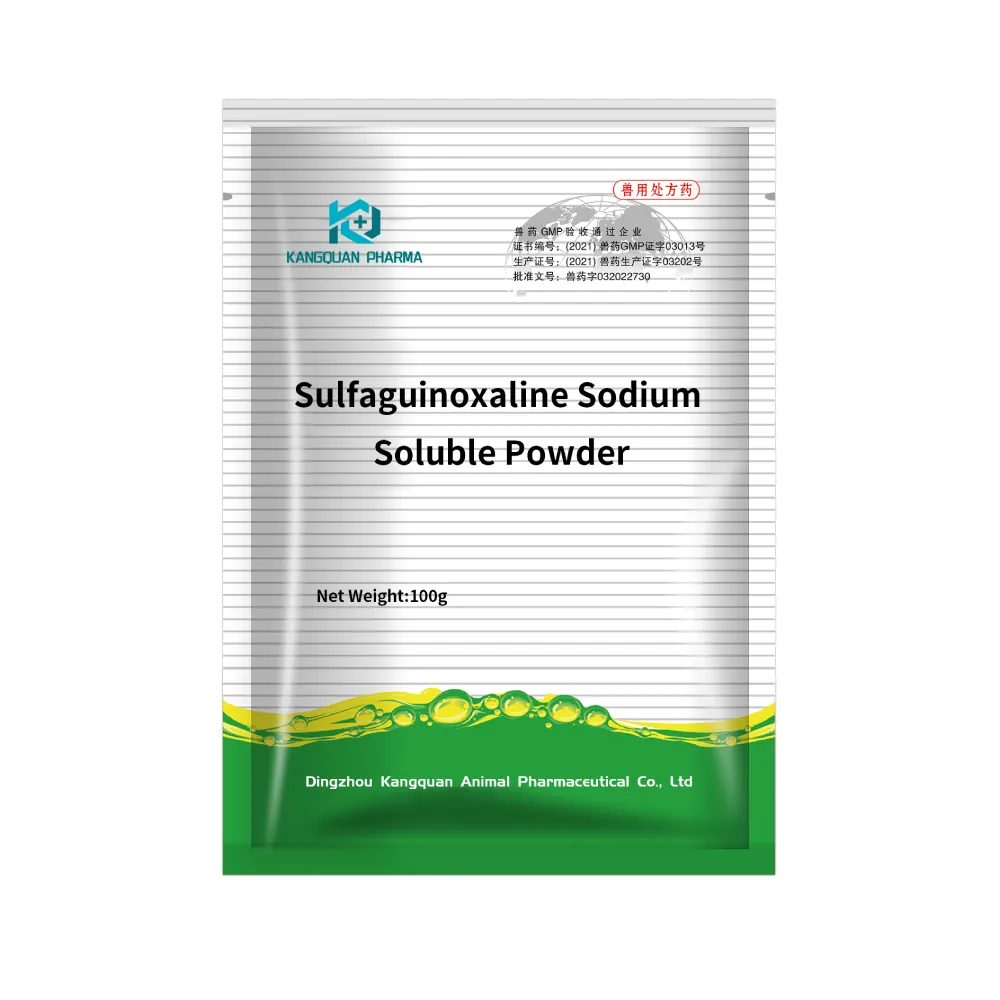- Afrikaans
- Albanian
- Amharic
- Arabic
- Armenian
- Azerbaijani
- Basque
- Belarusian
- Bengali
- Bosnian
- Bulgarian
- Catalan
- Cebuano
- Corsican
- Croatian
- Czech
- Danish
- Dutch
- English
- Esperanto
- Estonian
- Finnish
- French
- Frisian
- Galician
- Georgian
- German
- Greek
- Gujarati
- Haitian Creole
- hausa
- hawaiian
- Hebrew
- Hindi
- Miao
- Hungarian
- Icelandic
- igbo
- Indonesian
- irish
- Italian
- Japanese
- Javanese
- Kannada
- kazakh
- Khmer
- Rwandese
- Korean
- Kurdish
- Kyrgyz
- Lao
- Latin
- Latvian
- Lithuanian
- Luxembourgish
- Macedonian
- Malgashi
- Malay
- Malayalam
- Maltese
- Maori
- Marathi
- Mongolian
- Myanmar
- Nepali
- Norwegian
- Norwegian
- Occitan
- Pashto
- Persian
- Polish
- Portuguese
- Punjabi
- Romanian
- Russian
- Samoan
- Scottish Gaelic
- Serbian
- Sesotho
- Shona
- Sindhi
- Sinhala
- Slovak
- Slovenian
- Somali
- Spanish
- Sundanese
- Swahili
- Swedish
- Tagalog
- Tajik
- Tamil
- Tatar
- Telugu
- Thai
- Turkish
- Turkmen
- Ukrainian
- Urdu
- Uighur
- Uzbek
- Vietnamese
- Welsh
- Bantu
- Yiddish
- Yoruba
- Zulu
7 月 . 26, 2024 04:07 Back to list
Understanding the Uses and Applications of Levamisole Hydrochloride in Medical Treatments
What is Levamisole Hydrochloride Used For?
Levamisole hydrochloride, commonly known simply as levamisole, is a synthetic imidazothiazole derivative that was initially developed as an anthelmintic (worming agent) for livestock. However, over the years, its applications have expanded, and it is now recognized for its immunomodulatory properties, making it a valuable drug in human medicine as well.
Anthelmintic Uses
Levamisole was first introduced in the 1960s as a veterinary medicine to combat parasitic infections in animals, particularly in livestock such as cattle and sheep. Its effectiveness against a variety of nematodes made it a staple in animal health management. The drug works by paralyzing the parasites, which are then expelled from the host animal's body. This primary use in veterinary science laid the groundwork for its exploration in human medicine.
Medical Uses in Humans
In humans, levamisole's most notable application is as an immunomodulator. It has been used as an adjunct therapy for certain types of cancer, including colorectal cancer. Studies have shown that levamisole can enhance the body’s immune response by stimulating the production and activity of white blood cells, particularly lymphocytes. This immune stimulation can help the body fight off cancer cells more effectively when used alongside traditional therapies like chemotherapy.
what is levamisole hydrochloride used for

Furthermore, levamisole has been studied for its use in autoimmune disorders. Some clinical evidence suggests that it may have a beneficial effect in conditions like rheumatoid arthritis and systemic lupus erythematosus, where the immune system is overactive and attacks the body's own tissues. In these cases, levamisole can help restore a more balanced immune response.
Levamisole is also known for its role in treating certain dermatological conditions. It has been used in the treatment of cutaneous leishmaniasis, a parasitic skin infection, as well as in other skin disorders that may benefit from its immune-modulating effects.
Effects and Side Effects
While levamisole has proven benefits, its use does have potential side effects. Common side effects include gastrointestinal disturbances, such as nausea and diarrhea, as well as allergic reactions and skin rash. More severe, though rarer, side effects can include agranulocytosis, a condition where there is a dangerously low level of neutrophils in the blood, leading to increased susceptibility to infections. This concern necessitates regular monitoring of blood counts in patients receiving levamisole, particularly in long-term use or higher dosages.
Conclusion
Levamisole hydrochloride is a versatile medication with significant applications in both veterinary and human medicine. Initially established as an effective anthelmintic for combating parasitic infections in livestock, it has evolved into a useful immunomodulatory agent in human oncology and the treatment of autoimmune diseases. While it demonstrates promising benefits, healthcare providers must weigh the therapeutic advantages against the potential risks, particularly regarding hematological side effects. Ongoing research continues to explore new indications and optimize the use of levamisole in various medical contexts, making it an important drug in the arsenal against disease.
-
The Power of Radix Isatidis Extract for Your Health and Wellness
NewsOct.29,2024
-
Neomycin Sulfate Soluble Powder: A Versatile Solution for Pet Health
NewsOct.29,2024
-
Lincomycin Hydrochloride Soluble Powder – The Essential Solution
NewsOct.29,2024
-
Garamycin Gentamicin Sulfate for Effective Infection Control
NewsOct.29,2024
-
Doxycycline Hyclate Soluble Powder: Your Antibiotic Needs
NewsOct.29,2024
-
Tilmicosin Premix: The Ultimate Solution for Poultry Health
NewsOct.29,2024













